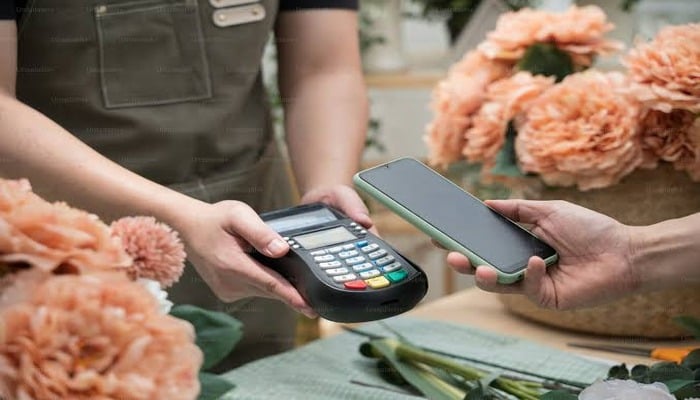
Although Pakistan has made significant advancements in its digital payments system, most small businesses continue to operate primarily in cash.
The most recent data from the State Bank of Pakistan puts only 151,000 retailers, out of over 5 million micro, small and medium enterprises (MSMEs), utilising point-of-sale (POS) systems.
This puts Pakistan's POS penetration at 1 machine for every 1,596 people, compared to 1 per 158 people in India and 1 for every 10 in Brazil.
There is plenty of evidence demonstrating just how much further Pakistan needs to go in terms of incorporating digital payments into everyday shopping.
To address this divide, Karandaaz Pakistan has developed a program called Raast Rapid Merchant Onboarding and Facilitation Entities (RMOFE).
This initiative is a campaign to onboard and facilitate more shops and service providers throughout Pakistan, especially in Tier 2 and Tier 3 cities, onto the Raast instant payment platform.
The programme is set to go out to a wide variety of different businesses, including kiryana stores, pharmacies, fuel stations, delivery riding, and female shopkeepers transacting from within physical spaces. The primary role of RMOFE is ease, friendliness, speed, and low cost to transaction.
Raast provides very simple tools to transact, including Raast IDs, QR codes and IBAN-based payments. To help drive this process along quickly, merchants will not have to pay any costs or fees.
Only legal and ethical businesses will be eligible, and partners must check the background of merchants before onboarding.
Fintechs, non-banking platforms, and digital service providers are all welcome to join as partners.
















